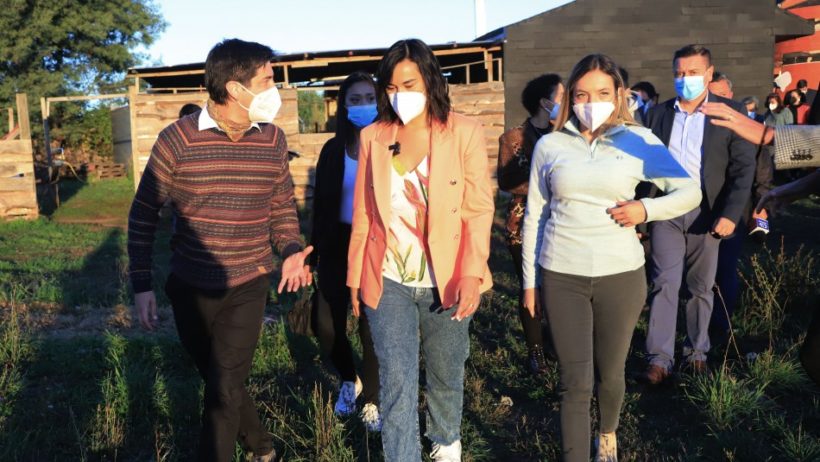Starting a war or initiating violent action goes hand in hand with the conviction of those who seek justice, repair the damage caused or impose order. The use of force is resorted to from a position of superiority and power with the certainty of a quick and sure victory. Reality shows that the consequences are far more prolonged than the episode of violence.
It is said and repeated that it is easier to start a war or conflict than to end it, because you know when it starts, but you do not know when it ends. To initiate bellicose actions requires only one aggressor, but to achieve peace requires the agreement of at least the parties involved. In these and all circumstances it takes tremendous courage to refrain from violence on the road to peace. Even more so if it is done unilaterally.
Today we are exposed through the media to Russia’s “military operation” on Ukrainian territory, a euphemism to hide the war being waged for control of that country. There is a high media profile because of Ukraine’s significance, both for the European Union and Western culture, and for Russia because of its position on the map and its availability of energy and food resources. So far, there seems to be no willingness on the part of the aggressor to seek a negotiated solution.
In Chile, more or less the same thing is happening. We are hyper-informed about the conflict between the state and Mapuche groups or communities, because it destabilises an order established by the military campaign 150 years ago called “Pacification of Araucanía”, another euphemism for a war of extermination, cultural subjugation and appropriation of indigenous lands. The new government has had the courage to take a first step towards dialogue and the use of a different language.
In this process, Interior Minister Izkia Siches has had to face intimidation when visiting victims of the conflict, as well as criticism and disqualifications for using the name Wallmapu, which is how the Mapuche people refer to their territory, instead of Araucanía, the name given to the area by the colonisers.
The aim has always been to “solve the problem” without changing or questioning the official history or the paradigms under which the situation is analysed. The same diagnosis, the same recipes and the same results have not achieved reciprocal recognition, and the region remains the poorest and most unequal in Chile.
It would be important if this peace process could be accompanied by an educational programme in the education system that dares to re-study our history with a critical sense and to follow the steps that will be taken to confront and process the differences. Children and young people need participatory education to develop skills of coexistence and citizenship. Making them part of a historical process will be enriching and I hope it will lay the foundations for a new social pact in which we all have the courage to refrain from violence on the road to peace.










